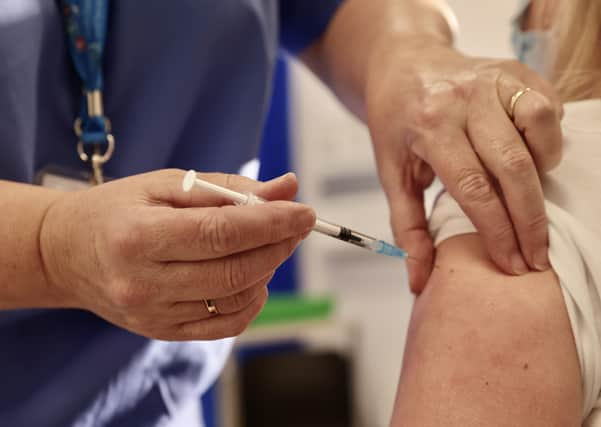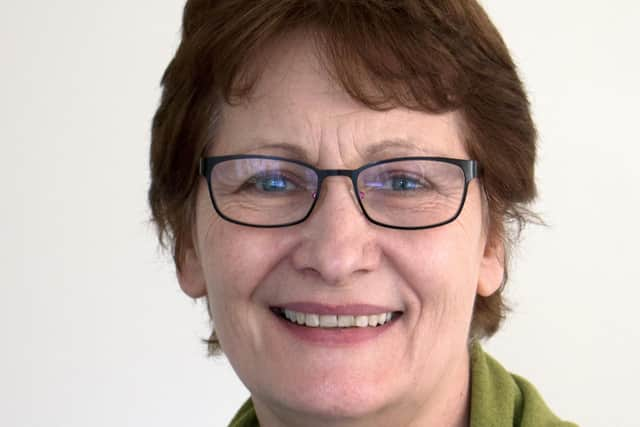The real thing


Many farmers know the benefits of giving their animals vaccines as their use is an important tool in preventing or reducing certain diseases.
While there is substantial cost involved in purchasing vaccines, the advantage of maintaining the health of an animal far outweighs the investment involved, as illness causes distress and usually requires expensive treatment.
Advertisement
Advertisement
Vaccines given to people also help us to avoid suffering, while seeking to extend our life expectancy. In this country there is an extensive range of vaccines, such as diphtheria and tetanus, which are available free of charge. You may need additional vaccines if travelling to certain countries overseas.


We have probably heard more about vaccines in the past year than ever before. They suddenly became a hot topic as answers were sought for controlling the spread of COVID-19. We became aware, through the media, of the science, expertise and effort that went into their development.
I took part in the Novavax vaccine trial. Half of the participants received the trial vaccine and half received a placebo (a substance with no active ingredient). No one was told which one they had been given. The results obtained from both groups allowed scientists to record the level of disease and assess how effective the vaccine would be in preventing, or reducing, the effects of COVID-19.
I attended Belfast City Hospital to receive my first injection. I had no ill effects, so assumed I had received the placebo. Three weeks later I was given the second and had some tenderness around the injection site, so thought I had been given the ‘real thing’.
Advertisement
Advertisement
When the time came for me to be offered a deployed vaccine, I was told I had received a placebo and now needed to go and get the approved vaccine. As the nurse was giving it to me, she said, “You are getting the real thing this time!”
Despite the fact that no assurances were given, I had allowed myself to believe the opposite to the truth. No matter how much I believed the trial injections were giving me some protection, it wasn’t true.
Truth is mentioned many times in the Bible and we also discover that Jesus is the Truth. “Jesus answered, ‘I am the way and the truth and the life. No one comes to the Father except through me’” (John 14:6.)
Tomorrow is Palm Sunday, when we particularly remember the day Jesus travelled to Jerusalem and where the people greeted him enthusiastically, waving palm branches and covering his path with them. Jesus, however, wasn’t deceived. He fully understood that this journey would result, just five days later, in his sacrificial death on the cross for the sins of all mankind. This was a demonstration of his great love for us.
Advertisement
Advertisement
Satan doesn’t want us to know the truth. He wants us to be deceived and put our hope in the things of the world. Even good things can become the centre of our world, but they will, sooner or later, leave us feeling empty with no hope. Jesus tells us, that “The thief comes only to steal and kill and destroy; I have come that they may have life, and have it to the full” (John 10:10.)
Jesus offers the ‘real thing’. He wants us to surrender our lives to Him so that we cannot only have peace and assurance in this world, but also in eternity.
Charlotte Stevenson farms with her husband, Jim and son, James, near Kilkeel in County Down. She is a member of Mourne Presbyterian.
Having worked at the Presbyterian Church in Ireland’s Assembly Buildings in Belfast for a number of years. In December 2017, Charlotte retired.
If you would like to talk to someone about any of the issues raised in this article, please email Rev. Kenny Hanna at [email protected] or call him on 028 9753 1234.